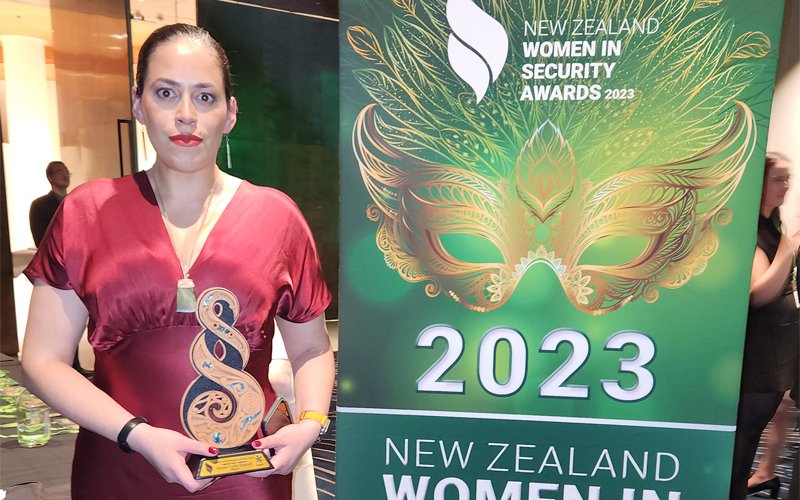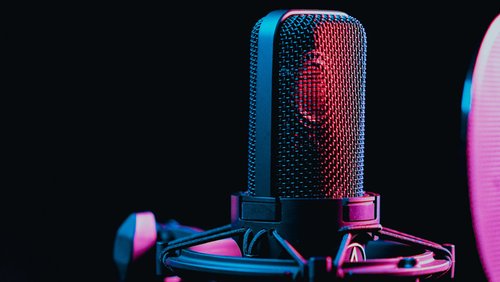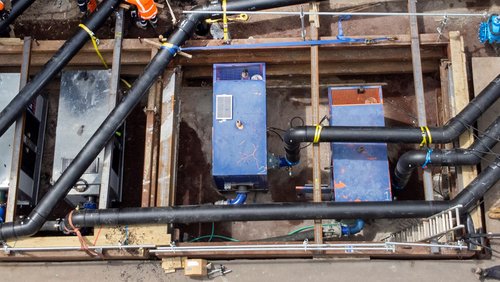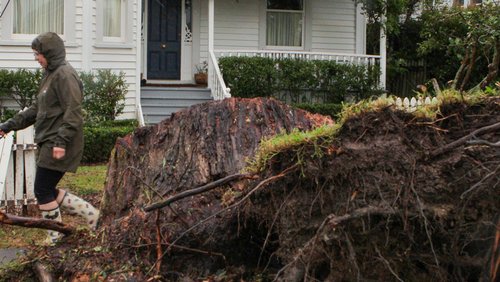27 Mar 2024
From writer and librarian to social media consultant, Denise Carter-Bennett sampled multiple divergent careers before settling on cybersecurity engineering, a field in which this neurodiversity champion has excelled.
The tech sector attracts a lot of neurodivergent people, although not everyone is diagnosed or comfortable talking about it, says Datacom Cybersecurity Engineer, Denise Carter-Bennett (Ngāti Whātua Ōrākei, Ngāpuhi, Ngāti Hine).
“For me, working in tech, and particularly in cybersecurity, my autism and [attention deficit hyperactivity disorder] ADHD is often an advantage,” she says.
“Thinking outside the square comes naturally. When I’m engaged by the work, I can have hyper-focused attention and I like digging for answers.”
She says her autism makes her detail-oriented and proficient with processes and rules.
“Being autistic helps me to detect anomalies and see things other people may not. The ADHD part of myself allows me to hyperfocus and think on my feet.”
Her role at Datacom involves solutions delivery, project work and providing security advice to customers. On top of this mahi, Denise is an outspoken advocate for both growing the number of Māori and Pasifika in the tech sector and creating supportive working environments for neurodivergent workers.
“I am open about my neurodiversity because a diagnosis and the tools to manage it can be life-changing. Māori and Pasifika are especially likely to be underdiagnosed and labelled as disruptive or lazy, instead of getting the support they need to be successful.”
Citing figures from NZTech, Denise says only four percent of tech workers are Māori and less than three percent are Pasifika, and those numbers are even lower for Māori and Pasifika women, and lower again for neurodivergent people.
My hope is that as a neurodiverse Māori woman, I can inspire people like me to think about the opportunities that exist for them.
“The population of Māori and Pasifika people is over 25 percent, so representation in the tech sector is not reflective of the society we live in. I share my experiences because I want people to see what is possible.”
She says it’s very important that young Māori and Pasifika hear positive stories and see role models they can identify with, because there is often a focus on negative narratives which damage the way rangatahi see themselves.
“I’m also drawn to cybersecurity and information security because I’m passionate about protecting Māori data and Māori data sovereignty.”
Denise adds: “My hope is that as a neurodiverse Māori woman, I can inspire people like me to think about the opportunities that exist for them.”
She openly shares her knowledge and experience at national and international events. Recent accolades include winning the Cybersecurity Champion award at the 2023 New Zealand Women in Security Awards, and the DEFSEC 2022 Indigenous Advocate of the Year Award.

Denise Carter-Bennett
While she appreciates the recognition, Denise admits the best feedback is “when someone tells me my story resonated for them and they are considering a career in tech, or see more opportunities for themselves”.
To encourage neurodiverse people into a company, Denise says they need to be able to see a space for themselves, “which is hard if there is no one like them or if the path to getting there isn’t obvious”.
For example, she says Datacom has focused on creating internships, traineeships, mentoring and work experience opportunities to create different pathways into the business.
“Making space for less traditional pathways is a good way to grow a more diverse workforce.”
She believes flexibility is key to creating an environment that works for neurodiverse team members, including the option to work from home or in a quiet space.
“Flexibility also helps with balance for neurodiverse team members who might hyperfocus for hours on end, but then need some time to go for a walk or get away from their desk.”
When recruiting, Denise says companies need to dispense with psychometric testing as it filters out people who could be an invaluable addition to the team.
“Companies should also look at their interview processes and ask themselves how many people really need to be in the room, how many formal interviews need to take place, and whether they have provided the applicant with a broad outline of what they can expect from the interview.”
She says ensuring questions aren’t ambiguous or abstract is important as is being aware that neurodivergent applicants tend to be more direct and literal and may not pick up on sarcasm or jokes.
“Clear and honest communication is beneficial for neurodiverse team members, but that is helpful for your whole team. Remembering that everyone deserves to be respected and valued is a great place to start.”




